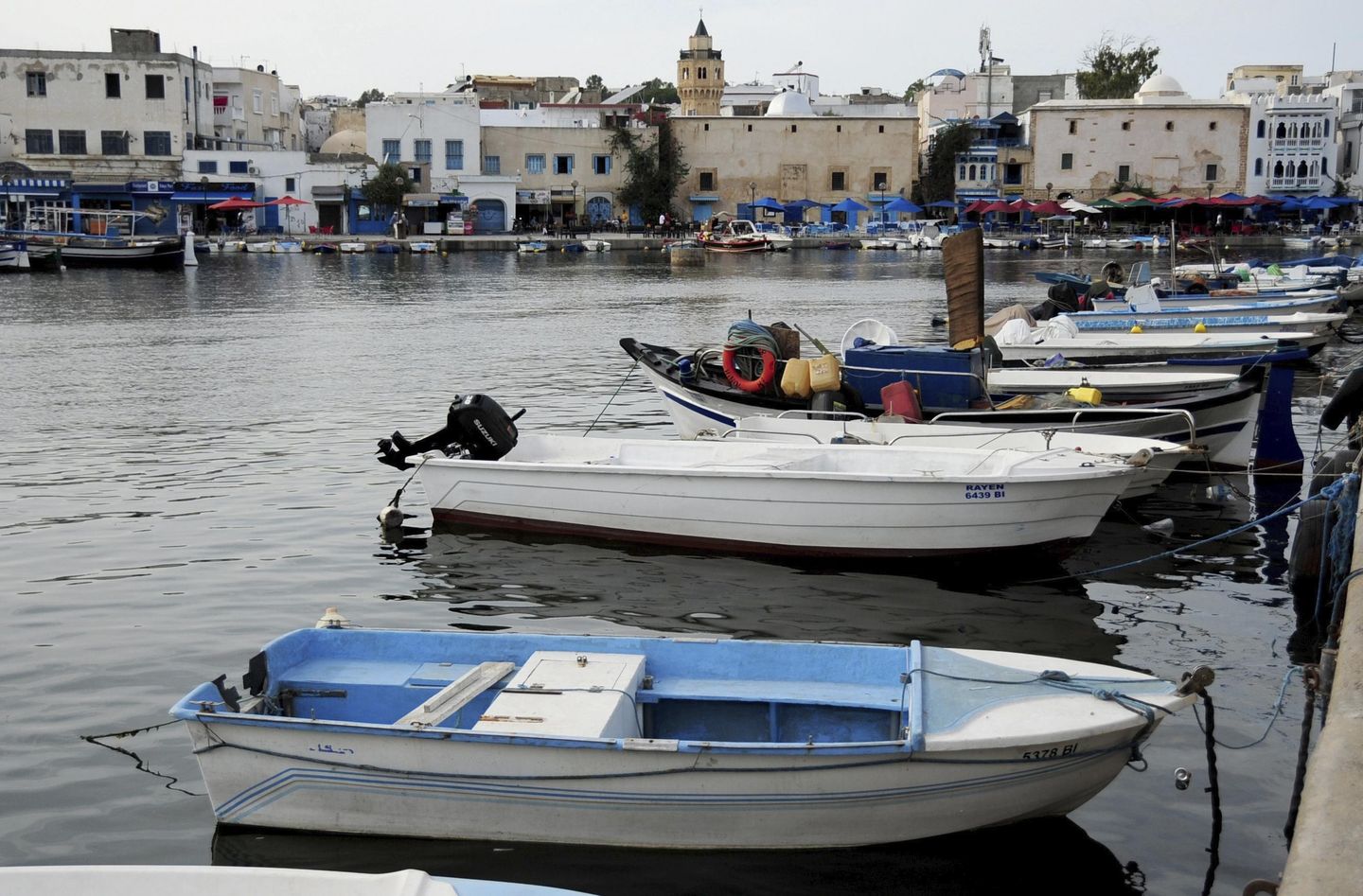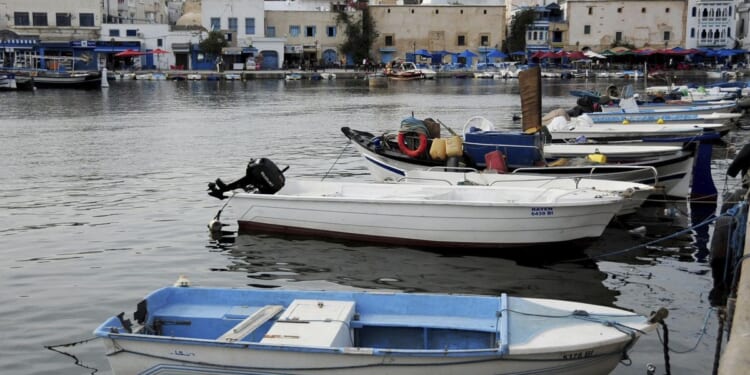
TUNIS, Tunisia — Tunisia‘s coast guard retrieved the bodies of nine people who died after their boat sank on Thursday, marking the latest disaster for migrants trying to cross the Mediterranean Sea to Europe.
The coast guard also retrieved 45 people from the boat after it started to fill with water four miles (about six kilometers) off the coast of Zarzis, a common departure point near Tunisia‘s border with Libya.
Coast guard spokesman Houssameddine Jbabli said the boat, which was carrying non-Tunisian passengers, likely embarked from Libya and that survivors were transported to a local hospital in Tunisia.
Several weeks earlier, a large boat with an estimated 54 Tunisians likely attempting to migrate to Europe went missing at sea, sparking protests from relatives from the city of El Hancha. The relatives have demanded information and a governmental response to the growing number of Tunisian youth who go missing attempting to cross the Mediterranean.
Migrants’ rights groups such as the Tunisian Forum for Economic and Social Rights, known by its initials in French, FTDES, have criticized the government and said they have not done enough to save the lives of those at sea.
FTDES representative Romdhane Ben Amor said that authorities instead have focused on preventing migrants from reaching Italy – a larger geopolitical question that has long colored relations between North Africa and Europe.
Ben Amour’s organization reported this week that a record 1,313 migrants had died at sea off of the Tunisian coast in 2023, highlighting the country’s status as today’s primary point of departure for migrants aiming to cross the sea to reach Europe.
A greater number of migrants entered Europe from Tunisia than Libya, Morocco or Turkey in 2021. Using compiled data from Europe, Tunisia and U.N. agencies, FTDES said more than 80,000 migrants had been intercepted at sea in 2023 – a figure more than twice as large as the prior year’s.
That includes a growing number of both Tunisians and sub-Saharan Africans, including from Guinea, Cote D’Ivoire and Sudan, according to U.N. figures.












